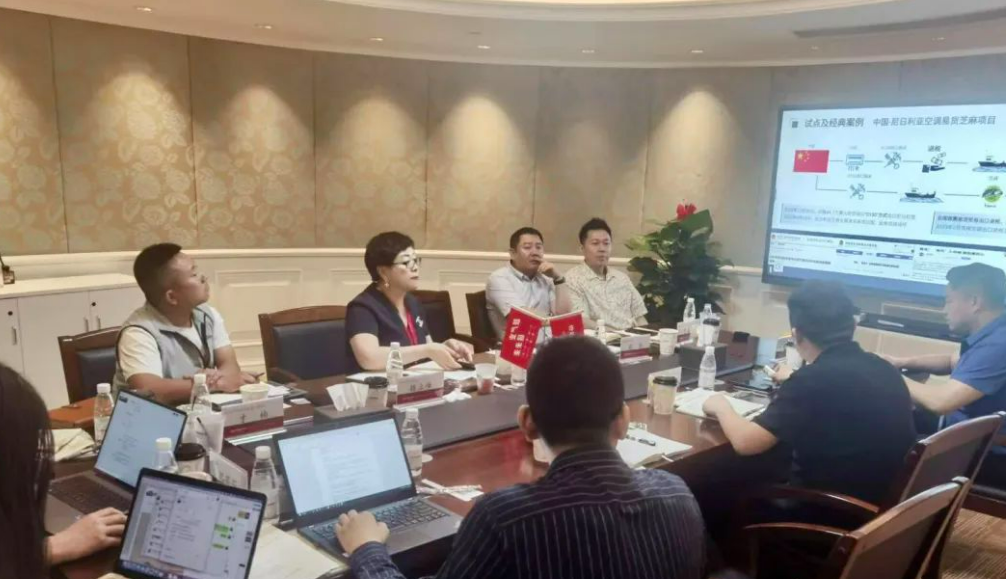Accelerating the rise of "de dollarization" and "barter trade" in multiple countries
01
Exchange oil and gas for Iraq and Iran to bypass US sanctions and reach an agreement
According to Reuters, Iraq relies on Iran for up to 40% of its electricity supply. In addition to directly importing electricity from Iran, it also relies on importing Iranian natural gas for power generation. However, due to the sanctions imposed by the United States on Iran's oil and gas sector, Iraq is unable to make direct payments to Iran. Due to the complex approval process of the US side, Iraq had to delay payments multiple times, and Iran could not receive the money.
Iraqi Prime Minister Mohammad Shia Sudani announced on the 11th that after several days of negotiations, Iran has agreed to resume exporting natural gas to Iraq in exchange for crude oil. To prevent the US sanctions on Iran from causing Iraq to default on payments.
02
Exchange Tea for Oil Sri Lanka and Iran's Barter Trade to Avoid the US Dollar
Iran has always been one of the main buyers of Sri Lankan tea, but with the sanctions imposed by the United States on Iran, Iran's imports of Sri Lankan tea have significantly decreased. According to Reuters, Sri Lanka recently announced that it will soon enter into a "tea for oil" barter trade with Iran to offset its $250 million oil debt.
Last year, Sri Lanka experienced an unprecedented shortage of dollars and dragged its economy into the most severe crisis in decades. "This is very timely for us because we can enter an important market. Both Iran and Sri Lanka can trade without relying on the US dollar," said Niraj Mel, Chairman of the Sri Lankan Tea Bureau
03
Pakistan launches barter trade agreements with countries such as Afghanistan, Iran, and Russia
According to the Russian news agency Sputnik, Pakistani Minister of Commerce Said Navid Kamal stated in an interview that barter trade between Pakistan and Russia will reduce dependence on foreign currencies such as the US dollar and euro.
Kamal pointed out that when encountering problems in using conventional banking channels in business with countries such as Afghanistan, Iran, and Russia, he introduced specific barter trade agreements, so that when conducting commodity transactions, there is no need to use the US dollar or other currencies. Ultimately, all barter trade agreements will reduce the use of any currency, not just the US dollar, but also other currencies such as the euro and pound sterling.
"Oil exchange for air" and "oil exchange for tea" are effective attempts to avoid risks in barter trade. Various countries have introduced policies to support the development of barter trade, and some enterprises have benefited from this. According to statistics, 65% of companies listed on the New York Stock Exchange are using barter to reduce remaining inventory, increase sales, and ensure that production costs are fully operational.
Barter is increasingly valued internationally as a tool that can increase the value of commodity assets, enter new sales markets, increase operating profits, reduce cost losses, and clear corporate debt.
In China, there is also vast development space for new barter trade, and it can be said that we are facing a huge business opportunity of the times. The Tuduoduo cross-border barter platform has emerged in this advantageous environment. In the future, the platform will focus on the development of new barter trade, deepen industry leadership, strengthen system construction, focus on promoting the promotion and development of new barter trade innovation mode, and contribute to the national "the Belt and Road" economic and trade construction. At the same time, the platform warmly welcomes the participation of enterprises to achieve mutual development, win-win and prosperity!










